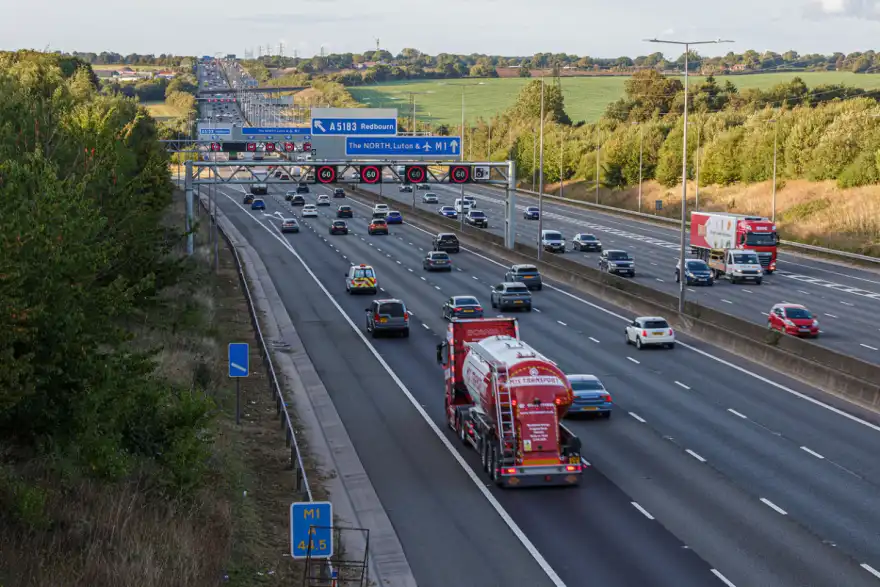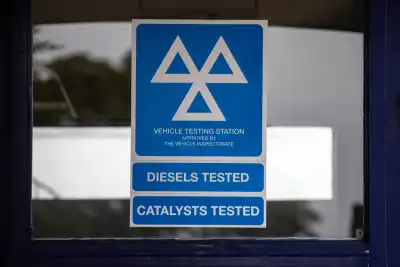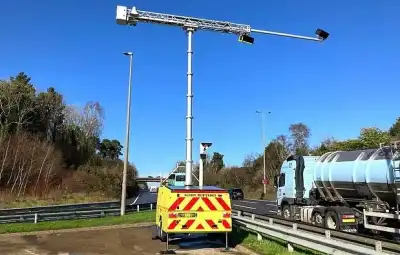
In the last 10 years, Britain has added just 65 miles of motorway. And even that figure is a bit misleading – most of it isn’t new tarmac, just better map measurements.
According to the Department for Transport, the UK’s motorway network grew from 2,265 miles in 2014 to 2,330 miles in 2024. But when you break it down, only three actual new sections were built: bits of the A1(M) near Newcastle, the M8 near Glasgow, and the M90/Queensferry Crossing in Scotland. Together, those add up to just 24 miles.
So, where did the other 41 miles come from? According to former DfT official Michael Dnes, it’s mostly down to the Ordnance Survey (the UK’s mapping agency) getting more accurate and measuring road curves – or “wiggle” – more precisely.
Dnes, who now works at consultancy firm Stonehaven, summed it up perfectly: Britain’s motorway progress is so slow it’s basically getting lost in rounding errors.
While the UK has been crawling forward, other European countries have raced ahead. Between 1990 and now:
- Spain added 6,917 miles
- France built 3,057 miles
- Germany 1,440 miles
- Turkey 2,082 miles
- Poland 1,545 miles
- UK? Just 422 miles.
Why so slow? Some inside the Department for Transport say it's because the government has focused on upgrading existing roads instead of building new ones. Others argue that our motorway system is already pretty “mature” compared to other countries, since we built loads back in the 1950s and ‘60s.
But AA President Edmund King thinks the obsession with smart motorways is partly to blame. These are the ones where speed limits change depending on traffic and the hard shoulder becomes an extra lane. They sound clever, but many drivers avoid the inside lane because they’re scared of breaking down with no escape route.
In fact, King says they can make congestion worse, and the government’s already spent £900 million trying to upgrade poorly designed smart motorway systems.
Even with big promises in the latest Budget to spend more on fixing roads, road-building investment is actually expected to drop by 5% next year.
Meanwhile, the construction industry is feeling the slowdown too. Asphalt sales have dropped in five of the last six years and are now at a 10-year low, according to the Mineral Products Association.
Their economic lead, Aurélie Delannoy, says the whole sector is stuck in limbo — facing constant delays, cancelled projects, shrinking budgets, and less money for local road maintenance.
So, if driving in the UK feels like a daily test of patience, you’re not imagining it — and it’s not likely to get better anytime soon.




